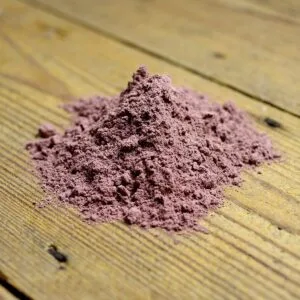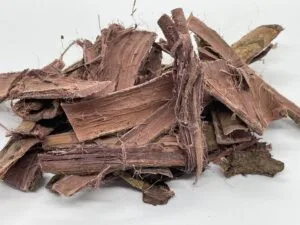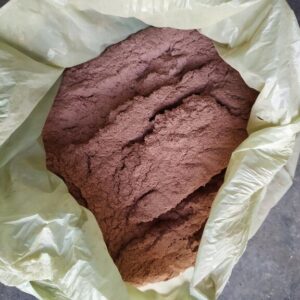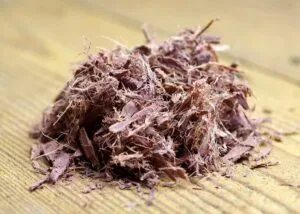MHRB
Mimosa hostilis Inner Root Bark (MHRB)
Our Mimosa hostilis inner root bark (MHRB) is from a reputed source (Brazil), a company that has years of experience in harvesting and processing Mimosa hostilis root bark. This is the best quality Mimosa available on the market. We always offer a freshly harvested batch, not an old stock!
Our supplier is using sustainable harvesting methods – only one root is harvest from each plant.
The greedy suppliers however are willing to kill a whole tree for all its roots.
The pastures where our harvest comes from do not receive any chemical pesticides as the grass and herbs grow naturally during the rainy season and pests are naturally controlled by the six month dry period. Also during processing no chemicals, in fact no product at all is used.
They clean the mimosa inner root bark and transport it in boxes to the clean glass greenhouse. Then close the mimosa root bark to avoid contamination of the product. They dry the bark at 70% of shade for a few days and ground it in clean machines to a fine powder, then filter to remove the filler fibers and packed quick in plastic bags.
The fine logistic system of harvesting and processing small quantities a few times a week enables us to preserve well the functional components of the bark. By removing the filler fibers the final product becomes 30% more concentrated, so our product is in fact 130% pure mimosa hostilis inner root bark (MHRB) comparing to many other sources.
Studies of M. tenuiflora showed potential in healing scar tissue. According to Mexican ethnobotanic sources, the direct application of the dried powdered mimosa hostilis root bark was an effective remedy for treating skin burns and wounds. The population of the district of Palmeiras at Contendas of Sincorá (Bahia State, Brazil) uses the bark of M. tenuiflora for the treatment of coughs and wound healing. A standardized tannin content extract obtained from the M. tenuiflora bark also showed excellent therapeutic properties for the treatment of skin venous leg ulcerations. Also has strong in vitro antimicrobial properties against a wide group of microorganisms
Showing all 2 results




